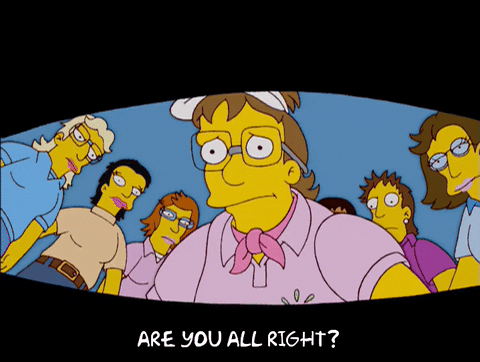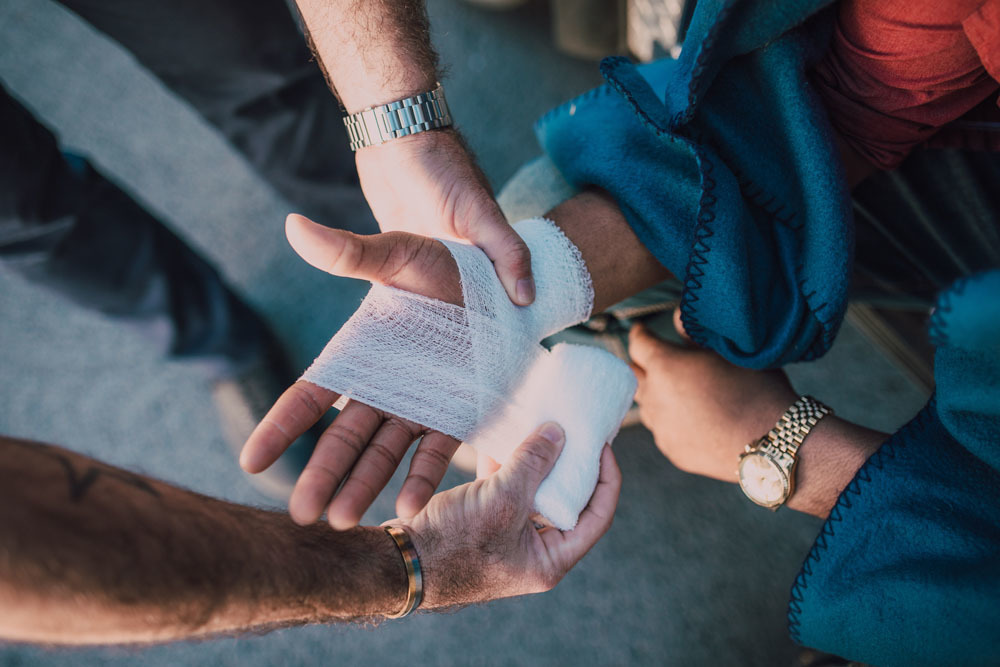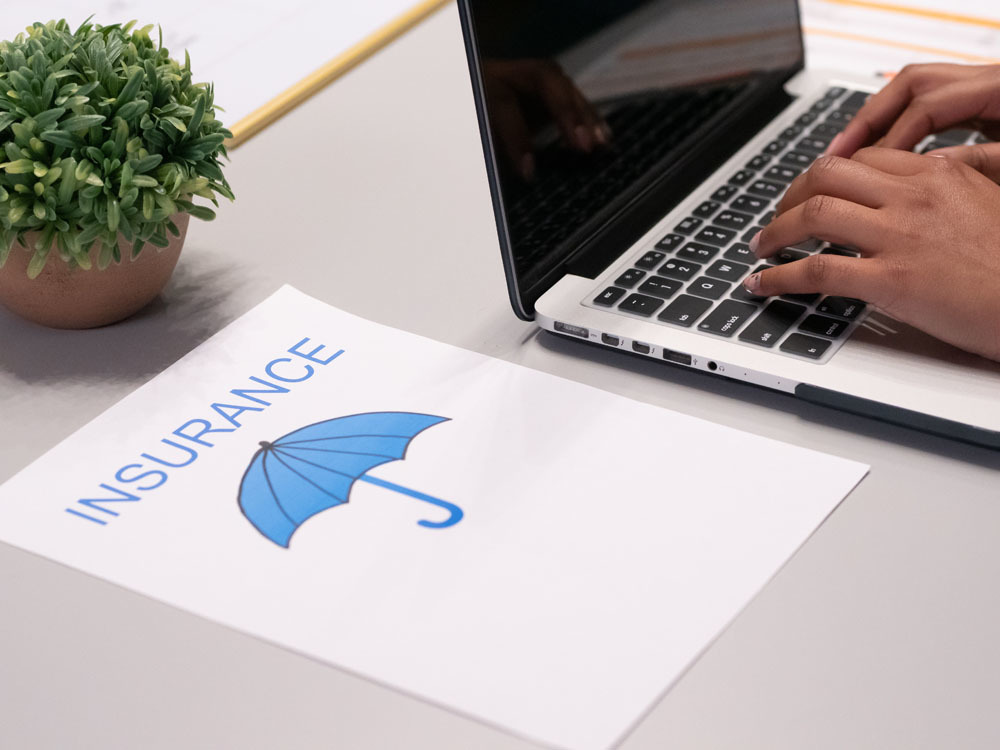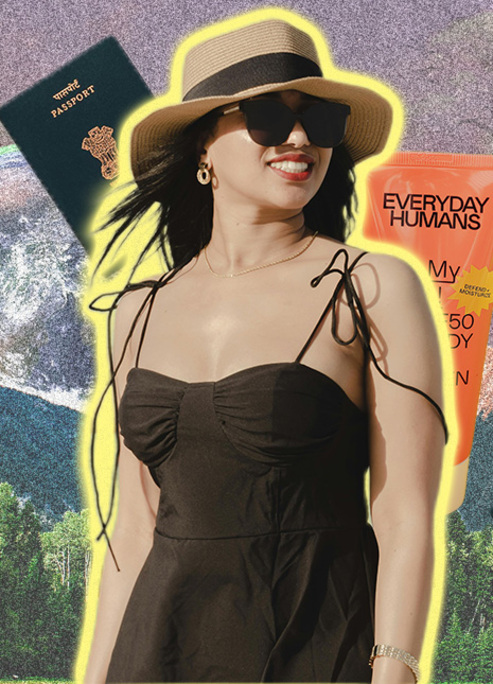
What Should You Do if You're Injured While Traveling?
Steps you can take in such events to handle the situation.
Nothing is more exciting than a great vacation if you're anything like me. You envision sunny days in a foreign location, laughing with friends, and tasting the local delicacies. But unfortunately, no matter how much you prepare for your trip, unexpected injuries can happen to even the best of us. So what should you do if you get injured while traveling abroad?
It’s important to know what steps to take and who to contact regarding what you should do if you're injured while traveling abroad. In this article, I’ll explain the various steps you can take in such events to handle the situation.
Resolve Your Medical Needs First
The first step is getting yourself to a doctor as quickly as possible. If you're going to get a treatment plan in place, it's best to start as soon after an accident as possible.
Getting urgent treatment is especially important if your injury is severe or life-threatening, which could happen if you're involved in an accident or fall ill. The last thing you want to do is put off seeking treatment because you don't have travel insurance or because it seems too expensive or inconvenient.
The USA Has Expert Personal Injury Lawyers in Every Large City, e.g., St. Petersburg
The United States has lawyers in every major city specializing in personal injury law. In St Petersburg, for example, you can access an award-winning team of personal injury lawyers who can help victims of car accidents or other types of accidents receive fair compensation.
These attorneys also understand how to use international treaties to help protect your rights, especially if you've been injured because of someone else's negligence or recklessness. You may be able to get compensation for your medical bills and lost wages from the person who hurt you.

File a Report with the Police
If someone else caused your injury, it's important to file an official report with local authorities so that they can investigate and pursue charges against the responsible party if necessary.
In most cases, filing a report with the police will help insurance companies handle your case professionally and fairly. This way, you can get a payout on your claim or lawsuit without any problems later on down the road.
Keep Track of Evidence and All Related Bills
One of the common factors preventing people from making injury claims is the lack of evidence during and after the event itself. You want to ensure you keep your medical bills, receipts for travel expenses, and any property damage sustained due to your injuries.
Digital evidence is an integral part of the legal prosecution process, and it is vital to take pictures of all evidence before it disappears or gets damaged. For example, if you've been injured in a car accident while traveling overseas, take photos of the scene and your injuries immediately after they happened.
If you don't have access to a camera at the time, ask someone else who was present (such as another passenger) to take pictures for you. Such records will help provide evidence later if needed.

Know What's Covered Under Your Travel Insurance
Finally, check with your travel insurance provider before leaving home to find out what kind of coverage they offer for accidents that happen while traveling abroad. For example, some policies will only cover emergency care if you're hurt while on vacation or business; others might have more generous terms but require extra payment upfront.
In either case, it's worth checking out before leaving home so that you know what your policy covers and what extra costs are if something happens while you're away from home.
Conclusion
In short, the best way to handle a medical emergency in another country is to be prepared for one, take immediate action, and do not hesitate to contact a lawyer today to safeguard your rights and seek legal assistance. Hopefully, this article has helped you plan more effectively for emergencies while traveling abroad. Keep these tips in mind in case of an accident or injury, and you might find yourself in much better shape than if you hadn't used them. Good luck with your travels!











